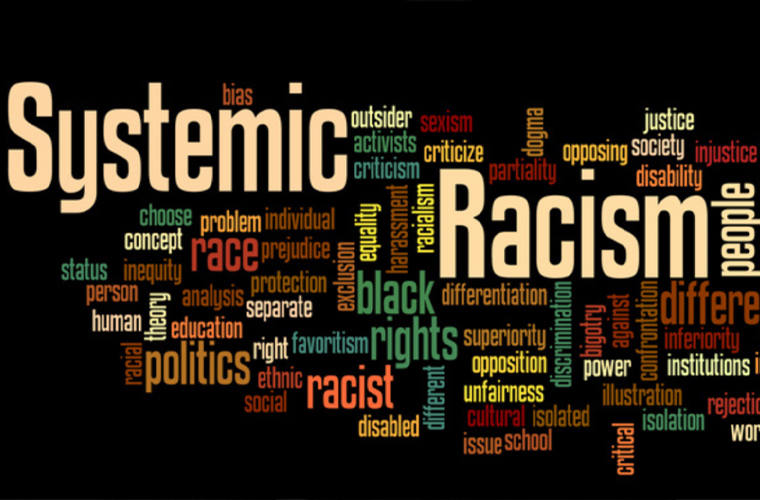Systemic racism refers to the ways in which societal institutions, structures, and policies perpetuate racial discrimination and inequality. It goes beyond individual acts of prejudice or bias and encompasses the broader systems and structures that disadvantage certain racial or ethnic groups while privileging others. Here are key points to understand about systemic racism:
Institutional and Structural Bias: Systemic racism is embedded in various institutions, including education, criminal justice, housing, employment, healthcare, and finance. These systems can produce and perpetuate racial disparities, often as a result of historical and ongoing discriminatory practices.
Historical Context: Systemic racism is rooted in a history of colonization, slavery, segregation, and racial discrimination. Historical practices and policies, such as slavery, Jim Crow laws, redlining, and discriminatory immigration policies, have had enduring effects on marginalized communities.

Racial Disparities: Systemic racism manifests in racial disparities across multiple domains. For example, there are significant disparities in educational attainment, income levels, employment opportunities, access to quality healthcare, rates of incarceration, and police brutality experienced by racial and ethnic minorities compared to white individuals.
Implicit Bias: Systemic racism is reinforced by implicit biases held by individuals within society, including those who work within institutional systems. Implicit biases are unconscious attitudes or stereotypes that affect our understanding, actions, and decisions, often resulting in discriminatory outcomes.
Intersectionality: Systemic racism intersects with other forms of discrimination, such as sexism, classism, ableism, and homophobia. People who belong to multiple marginalized groups can face compounded disadvantages and discrimination due to the intersection of these different forms of oppression.
Collective Impact: Systemic racism affects not only individuals but also communities and generations. Its consequences are intergenerational, as the disadvantages and discrimination experienced by one generation can be passed on to the next.
Addressing systemic racism requires a comprehensive approach that involves recognizing and challenging discriminatory policies and practices, promoting equity and inclusion, amplifying marginalized voices, diversifying leadership and decision-making positions, reforming institutions, and actively engaging in anti-racist work at personal, interpersonal, and systemic levels. It is a collective responsibility to dismantle systemic racism and build a more just and equitable society.

